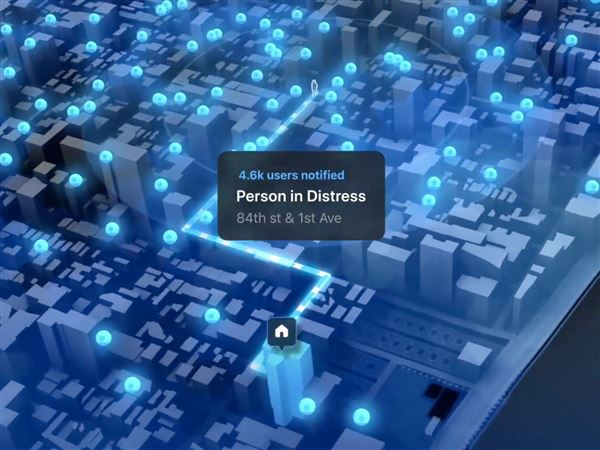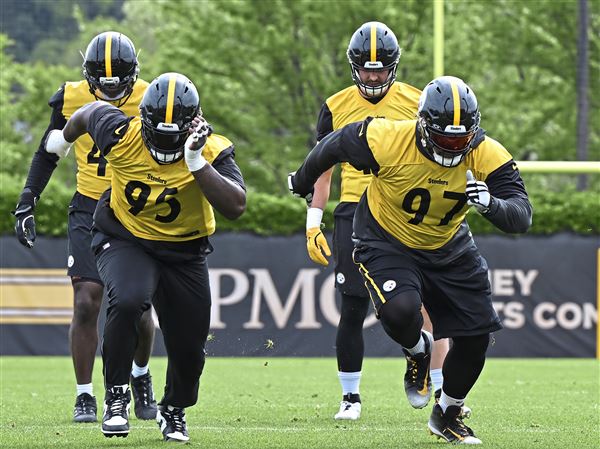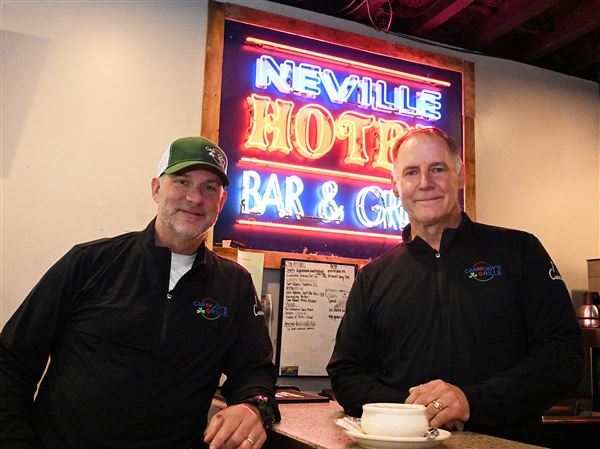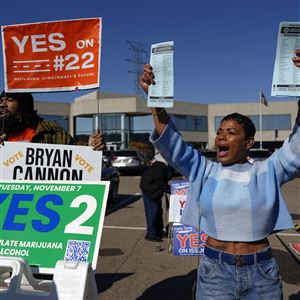The National Rifle Association put out a news release last week showing results of a survey of its membership. It carried the headline: "91 Percent of NRA Members Support Laws to Stop Mentally Ill from Acquiring Firearms."
On one level, this is reassuring. Everyone loves to gang up on the poor old NRA, suggesting it's full of a bunch of self-centered, narrow-minded, overly testosteroned dudes more concerned with their rights than people's safety. Clearly, now, that's not true, based on the vast majority of them opposing the possibility that commissaries of insane asylums could be stocked with semi-automatic weapons in addition to gum and candy.
Then again, the other 9 percent of NRA members are intriguing. In a scientific survey of 1,000 in the association, about 90 members not only opposed any ban on sale of firearms between private citizens or a requirement that gun owners register with the federal government, but made clear they just can't tolerate denying mentally ill people the right to bear arms.
I wanted to talk to an NRA member who could articulate this viewpoint. I intended to go inside Western Psychiatric Institute & Clinic and find someone, but I found out upon arrival that it has all these ridiculous restrictions on letting visitors stroll inside ever since a schizophrenic man used two handguns last March to shoot up the place and kill a WPIC staff member. (I hate it when the actions of a crazed killer are held against the rest of us, many of whom are not crazed killers.)
I wasn't sure where else in Oakland to find a gun-rights supporter standing up on behalf of the mentally ill, as the neighborhood's filled with all these effete university intellectuals who are too busy listening to NPR and watching the BBC to join the NRA.
So I did what all journalists do in such situations -- I just made a person up.
I entered a watering hole and carried on an imaginary conversation with a friendly fellow I wished was on the stool next to me. I pictured him wearing an NRA cap and responding eagerly to me when I asked if he'd participated in the recent survey ...
• • •
"Hell, yes, I did!" he said, a bit too enthusiastically. "I wanted to make sure people knew we weren't going to lie down and have our rights trampled by the likes of Fidel Obama. No one's going to keep guns out of the hands of me or my cousin Earl."
"Cousin Earl? You clearly look yourself like a person I wouldn't worry about walking into my workplace or my kids' school carrying a semi-automatic weapon or other tools of mass destruction, which I trust you wouldn't use. But what's Earl's story?"
"Aw, he's all right, as long as he remembers to take his medication -- he's just had a few problems people give him a hard time about. Things of a bipolar, depressive nature, with some paranoia thrown in for good measure, but he wouldn't feel so paranoid if he didn't have to worry about people denying him rifles and guns."
"So it's a circular thing? He's paranoid because people deny him weapons, and people want to deny him weapons because he's paranoid?"
"There you go, buddy! You see my point exactly, and the unfairness of it all. It's what we call Heston's Paradox. And I'll fight with every ounce of my strength to prevent this kind of discrimination against people like Earl. Civil rights for all, I say, especially unfortunate people who can't control what they do, through no fault of their own."
"But could there be some circumstance, anything at all, where the government would properly deny someone's -- but not Earl's -- right to a gun?"
"Oh, yeah, I'd be against allowing guns to any communists. That could be dangerous. Or to known terrorists -- well, some known terrorists. It's probably not right to penalize them all for actions of a few. This is still America, after all."
I had to agree with him -- on a hypothetical basis, of course, since he wasn't real. But I admired his commitment to his would-be cousin's rights.
Federal law prohibits anyone from selling a firearm to a person who "has been adjudicated as a mental defective," and that term sounds a bit too repugnant to accept as part of a law. Pennsylvania law bars possession by anyone who has been deemed incompetent or involuntarily committed to a mental institution.
If some NRA members -- a proud but lonely 9 percent -- keep up the good fight, maybe all that can change someday.
First Published: January 28, 2013, 5:00 a.m.

















